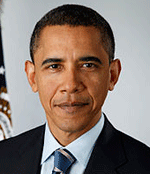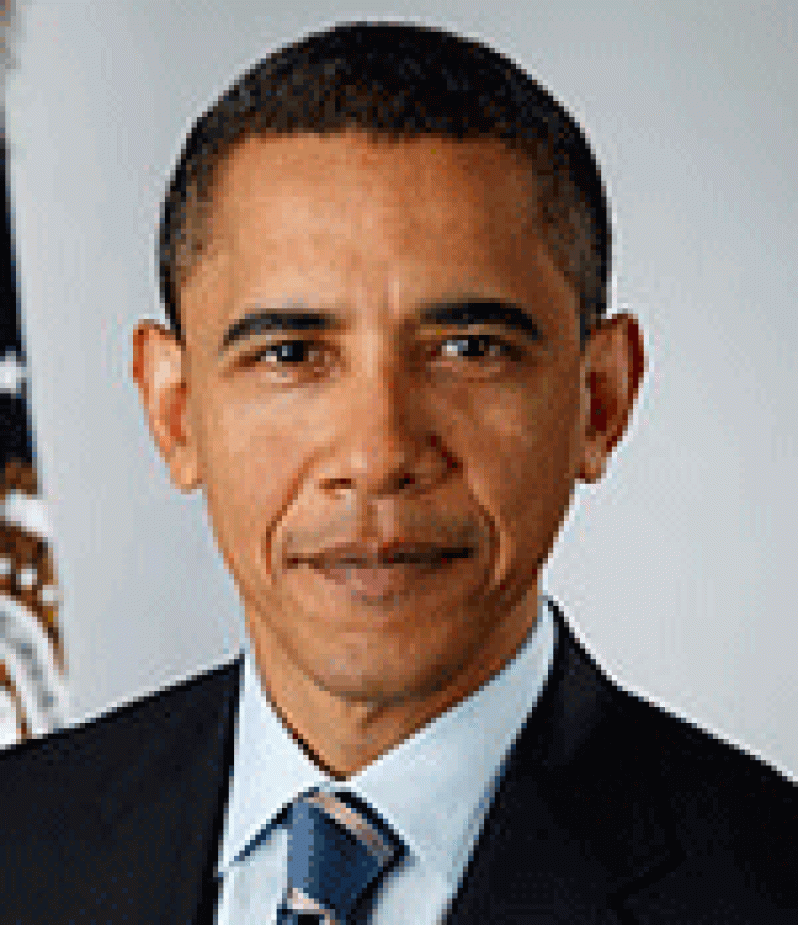CUBA’S recent surprised announcement, that if invited it would attend the Sixth Summit of the Americas in Cartagena, Colombia, scheduled for April 14-15, may have put the proverbial cat among the pigeons since, as stressed, it would do so without any commitment to return to the 34-member Organisation of American States (OAS). The Caribbean nation was suspended from the OAS half a century ago under enormous pressures from Washington.
The signal of Cuba’s intent came during last month’s 11th summit of the Bolivarian Alternative for the Americas (ALBA) which was hosted in Caracas by President Hugo Chavez (whose brainchild it is), prior to his return to Havana last week for further treatment against cancer.
The Colombian government, host for the summit, was caught in the diplomatic crossfire by Washington’s unofficial hint of a likely boycott by President Barack Obama, and the countries of ALBA as well as some within the even more significant and wider 33-member Community of Latin American and Caribbean States (CELAC)—from which the USA and Canada are excluded—and that favour an invitation being sent for Cuba’s presence at the summit.
Consequently, Colombia settled for a neutral stand, explaining that while it would welcome Cuba’s attendance, the final decision did not rest with its government but depended on a recommendation from the Summit Implementation Review Group (SIRG) on which all OAS member countries (except Cuba) are represented.
(except Cuba) are represented.
On the other hand, member countries of both the ALBA bloc (among them three CARICOM states—Antigua and Barbuda, Dominica and St.Vincent and the Grenadines)—and the wider CELAC group were openly threatening to boycott the summit unless an invitation was sent to Cuba. However a formal resolution to this effect was not adopted, leaving OAS member nations open to make their own decisions.
Mindful against division on the issue that could fracture unity within CELAC (inaugurated last year under President Chavez’s chairmanship), Cuba is reported to have been engaged in quiet diplomacy with its allies to defuse tension over its intention to attend the Cartagena summit–if officially invited.
Although no official confirmation is expected, this position by the Raoul Castro’s administration is viewed as a welcome approach by a number of OAS countries (among them CARICOM members not in ALBA), as well as President Obama, who wants to be at the summit.
approach by a number of OAS countries (among them CARICOM members not in ALBA), as well as President Obama, who wants to be at the summit.
Understandably, after participating in the Fifth Summit of the Americas in Trinidad and Tobago in April 2009, Obama does not wish to become embroiled in a dispute with hemispheric neighbours over Cuba, in this year of a US Presidential election.
After all, Obama has been cautiously encouraging easing of some restrictions without, of course, pursuing any significant initiative to end America’s very punitive 50-year anti-Cuba financial, trade and economic blockade.
For its part, Cuba, with its legendary revolutionary leader, Fidel, still around in retirement has no intention to appease the USA which, ironically, has become a victim of the “isolationist politics” that successive Washington administrations have been pursuing against the government and people of Cuba. Just count the annual pro-Cuba votes at the United Nations General Assembly over the years.
Tough ‘summit’ spot for Cuba and the USA
SHARE THIS ARTICLE :
Facebook
Twitter
WhatsApp




.jpg)










